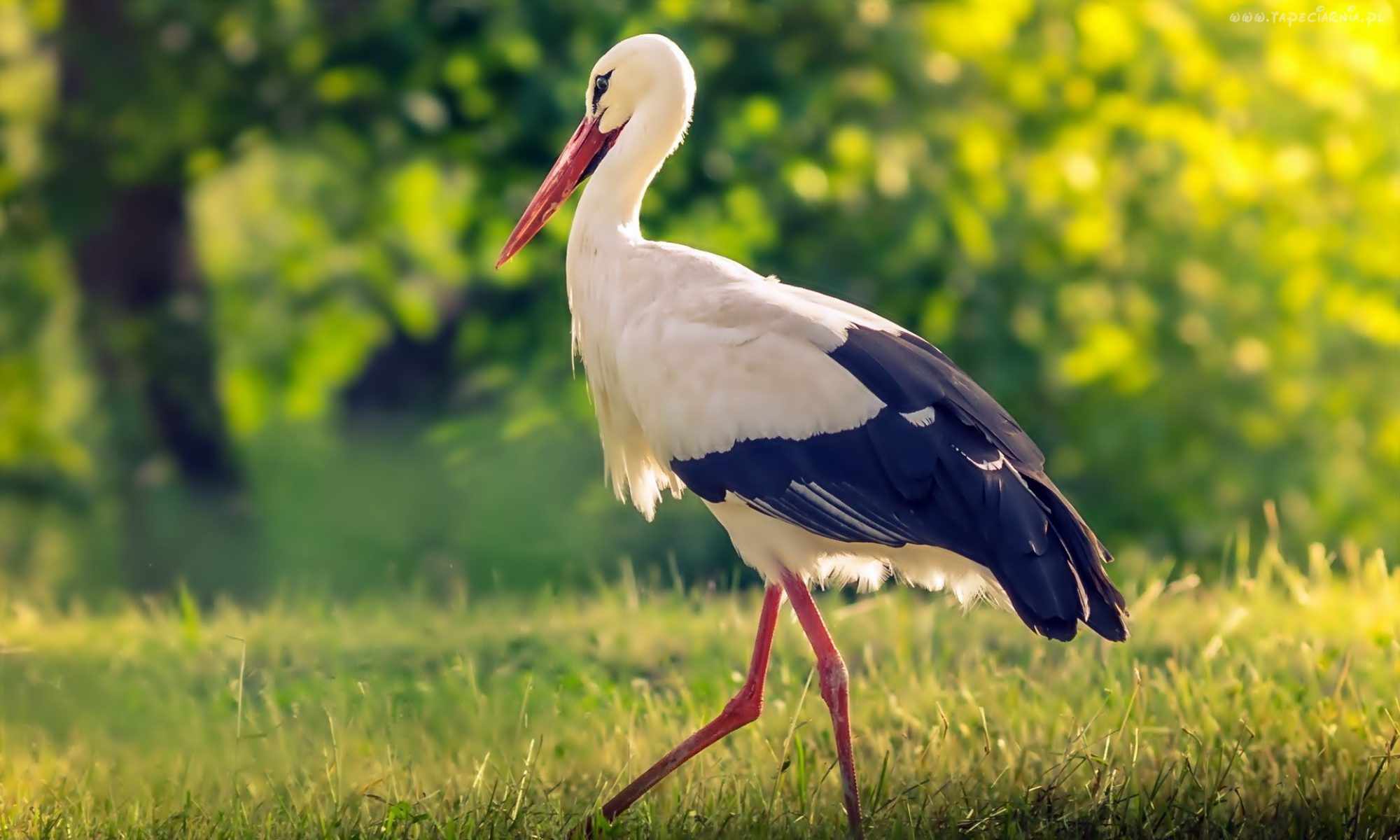
POLYCULTURES & PERMACULTURE CONFERENCE
1st international Research & Practice Conference in Poland on the theme of Permaculture, biodiversity-based agriculture and designing crop polycultures.
Fb event | https://www.facebook.com/events/2210383985921516/
REGISTER to participate (presenters & audience) https://docs.google.com/forms/d/e/1FAIpQLSfeHbe609ecNDeaC6BP54eBzMG89ePpVZjvbMmh3KF5UYiuiw/viewform
REGISTER to participate (presenters & audience) https://docs.google.com/forms/d/e/1FAIpQLSfeHbe609ecNDeaC6BP54eBzMG89ePpVZjvbMmh3KF5UYiuiw/viewform
———-
WHEN: 30th January
2020
WHERE: (in person) Służewski Dom Kultury, WARSAW
ul. Jana Sebastiana Bacha 15 Warszawa, Poland
FREE ONLINE PARTICIPATION: via Zoom, tba
The conference is organized as a joint event to the 2nd Food Sovereignty Forum in Poland organized by Nyeleni Polska.
www.visegrad.permakultura.sk | www.nyeleni.pl/en
WARSAW PRESENTERS:
Keynote speaker
Laura Piedra-Muñoz, Associate Professor in the Department of Economics and Business at the University of Almería, Spain
Presenters
Dr Denise Dostatny, Plant Breeding and Acclimatization Institute – National Research Institute
Dr Robert Borek, Institute of Soil Science and Plant Cultivation, Poland
Marta Łukowska, Nyeleni Polska – Food Sovereignty Movement in Poland
Linda Blättler, Czech Globe and Charles University in Prague
and others
———————
REGISTRATION AND FEES
WHY IS IT IMPORTANT
Agricultural systems cover approximately 40% of the land surface of the Earth and thus have a significant biospheric impact. This impact will only increase as the population grows by an additional two billion by 2050 and requires 30% more food production globally than is produced at present. Ideally, this challenge would be met through the sustainable intensification of agriculture.
Notwithstanding the gains of contemporary industrial agriculture, there have also been numerous drawbacks due to dependence on intensive management and on the availability of scarce and non-renewable resources, and consequently their negative impact on ecosystems. Modern industrial agriculture results in the simplification of the structure of the environment, replacing diversity with a small number of varieties for its major crops with declining species richness, and decreasing trait and functional diversity in general, thus increasing the vulnerability associated with genetic uniformity. In this sense it is high risk. Progress towards a more low-risk agriculture is required, that will be compatible with ecosystem preservation (halting the loss of biodiversity and degradation of ecosystems) and resistance to climate change.
Using polycultures is one way to diversify agricultural systems. The design of polyculture systems – meaning the simultaneous cultivation of several crops in the same space – requires improved conceptual knowledge that addresses the challenges associated with the crop domestication (decreased ability to perform in mixtures, faster decomposing leaf litter, less diverse and efficient fungal-dominated microbiome, uniform genotypes with decreased water use efficiency, loss of genetic diversity in resistance to insect herbivores). Through facilitation and resource partitioning, polycultures are capable of providing multiple biodiversity-based agroecosystem services, mainly by decreasing nutrient and radiation losses due to increased plant diversity and soil cover, and by promoting soil fertility, carbon storage and biological regulation owing to minimizing mechanical and chemical disturbances of soil, and organizing the landscape matrix.
Efforts to spread knowledge-intensive biodiversity-based agriculture require specific scientific recommendations, and these are often too general. The combined efforts of multidisciplinary researchers and practitioners are needed to design low-input, scalable, high-yielding polyculture systems, which will be environmentally-tailored and focused on biodiversity restoration.
———————
CONFERENCE ORGANISERS:
US Davis Agricultural Sustainability Institute
Permaculture in Ukraine
SUPPORTED by the Visegrad Fund
PARTNER: Nyeleni Polska



